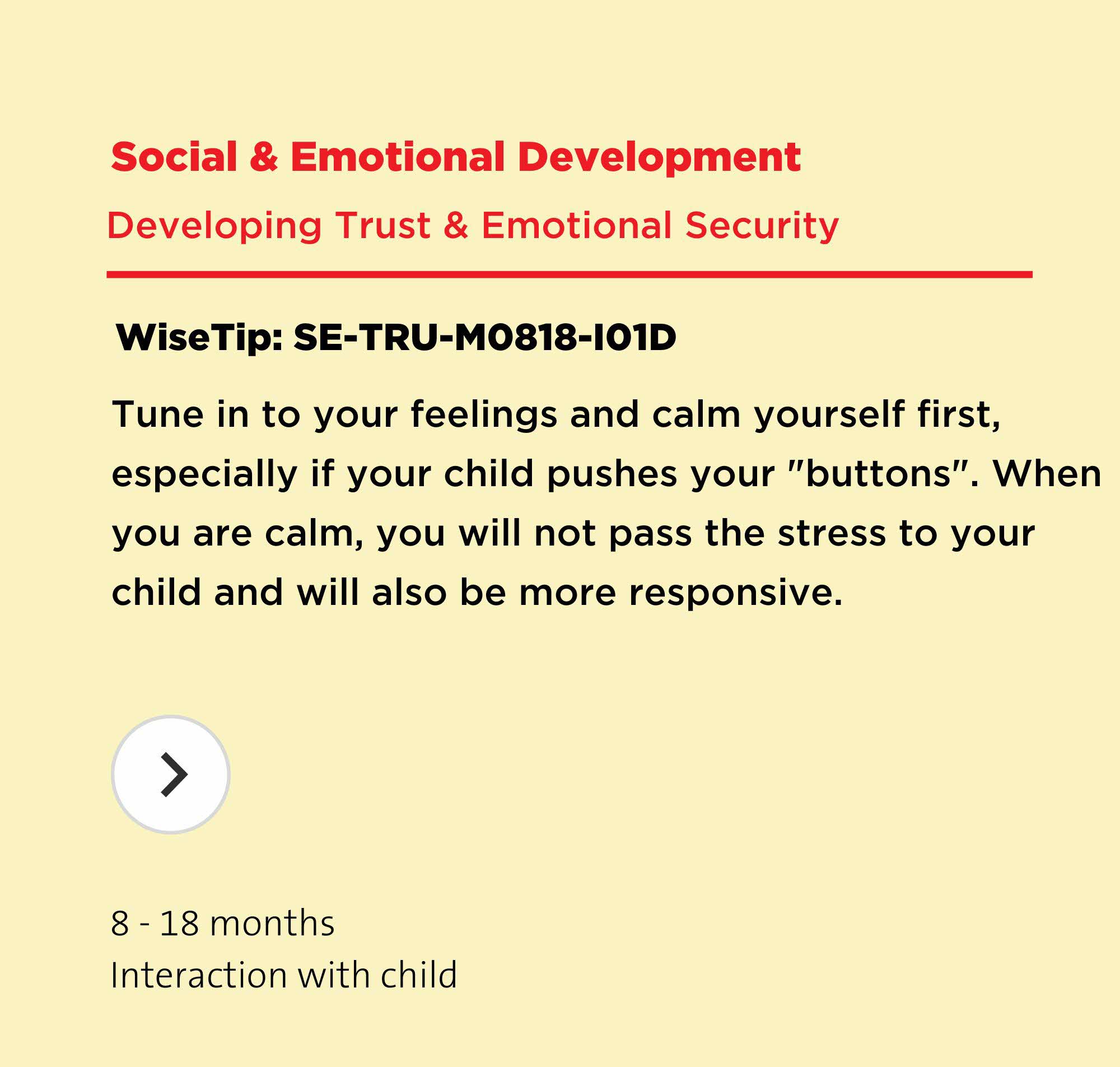Families For Life | Dear parent, how are you feeling, really?
Photo taken in collaboration with Kerry Cheah
Bringing up children is one of the toughest jobs in the world. Parenting can be as joyful as it is frustrating and discouraging, even for the most patient people.
Remaining calm during difficult times with your children can be really challenging. But it's profoundly important to do so, as losing your temper and overreacting only leads to saying or doing something you regret later.
Choosing to be calm allows you to think before you respond to your children. Your children will respect you and see you as a positive role model, and you’ll even feel better about yourself.
When you take care of your emotions, you can positively impact your children’s emotional state and set a positive emotional tone at home.
Admittedly, it's way easier to yell and demand that your children behave themselves, to stop throwing tantrums and listen to instructions.
But instead of expecting your kids to stay calm, let’s focus on you first. Get a handle on your feelings so you can help your child manage theirs.
1. A calm parent connects and builds trust with children.
As a calm parent, you’ll understand your kids better.
That’s because they will not be afraid to approach you to share their feelings, thoughts and secrets with you because they know no matter how adverse the situations are, you will not react in the wrong way. This allows you to guide them through challenges they face.
Trust is the key to a strong relationship. If you are a calm parent, your children will trust that you can make the best decisions without losing control, and that you will love them unconditionally regardless of their mistakes.
They will trust that you have their best interests at heart and this brings them a greater sense of security.
2. Get in touch with your feelings
The first step in managing your emotional reactions is becoming self-aware, which is the ability to recognise and understand your moods and emotions and how they affect not only your behavior but the people around you.
Once you are aware of your emotions and how this leads to your reactions, the next thing to do is to learn how to regulate them. This means controlling impulses and moods and to think before you react to your children.
3. Remember it's not personal.
When your child misbehaves or gets upset, you probably just want to hide in a corner or shout at them to keep quiet or behave themselves.
However, the best thing you can do is remember that their actions and words are not meant to hurt you. There could be multiple reasons for their meltdown – ranging from hunger, needing attention, anxiety or other developmental issues.
As parents, we should purposefully choose to be joyful and have a positive attitude even when the going gets tough, so that our children have a safe and happy home.
We cannot rely on our days to go calmly or smoothly, because frankly, they rarely do. We will just have to choose how we respond to every situation!
